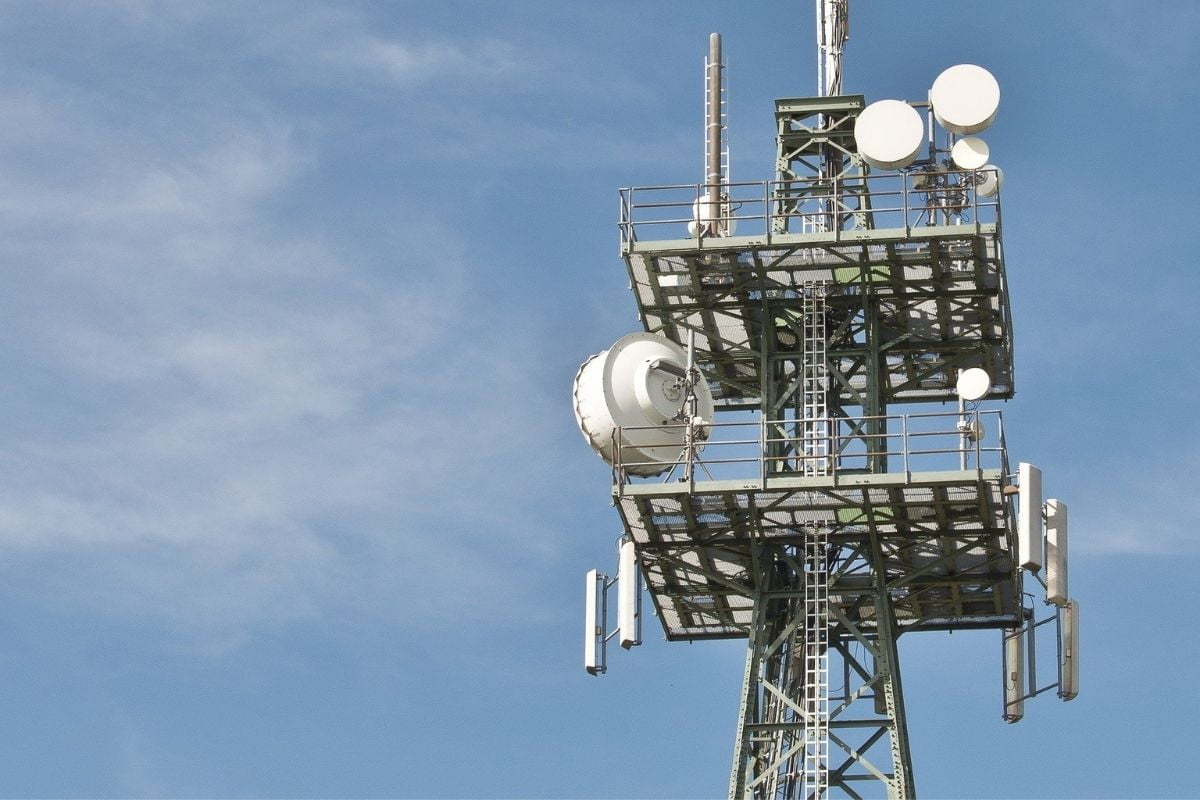The Department of Telecommunications (DoT) is working with the ministry of defence, department of space, and ministry of home affairs to come up with a new law that will determine how the allotment of the spectrum will be done for several government and defence purposes. There’s an inherent need for clarity around spectrum allotment in the minds of the policymakers because the Supreme Court had asked the spectrum to be auctioned. As per an ET report, this new law will be called the Wireless & Spectrum Act and will replace the India Wireless Act, 1933. This new law will cover issues around the allotment, auction, and reservation of the critical and scarce airwaves among other details.
New Spectrum Law to be Introduced Soon
According to the publication’s report, this new spectrum law is going to be introduced in the monsoon session of the parliament. The goal behind this new law is to create a roadmap for all wireless communications such as satellite and mobile with the best global practices and standards. What’s worth noting is that the new law which is in the works will supersede several of the Supreme Court orders and address litigation in the sector. Further, the law would enable the government to allocate or auction airwaves depending on the need of the hour. There’s a lot going on in the telecom sector of India related to the spectrum auction. The sector regulator is working on the recommendations for the spectrum auction while the telcos and satellite companies are fighting over how the spectrum should be offered to the relevant and interested parties. The telcos (apart from Airtel) say that the spectrum should be auctioned for everyone to maintain transparency and ensure a level playing field. However. Satellite communications (satcom) players believe that the spectrum should be allocated in an administrative manner because this is a global practice and makes more sense for their future. TRAI’s recommendations will give clarity on what’s going to happen.
